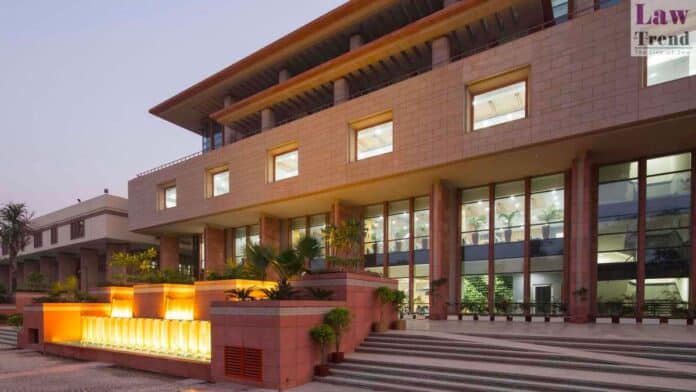The Delhi High Court on Monday ordered maintenance of status quo till July 10 in response to a plea filed by seven residents challenging a demolition notice issued by the Delhi Development Authority (DDA) concerning properties in the Batla House area of the capital.
Justice Rajneesh Kumar Gupta issued the interim direction and scheduled the matter to be heard along with similar petitions on July 10.
Advocate Fahad Khan, representing the petitioners, alleged that the DDA and Delhi government had “indiscriminately targeted” properties beyond the identified demolition zone without serving individual notices. According to the petitioners, their properties were marked for demolition during a field survey on June 4, despite being outside the demarcated area or eligible under the PM-UDAY Scheme, a central government programme aimed at regularising unauthorised colonies.
“No demarcation report or verification of eligibility under PM-UDAY has been provided till date,” the petition stated. It argued that the proposed demolition was in violation of principles of natural justice, and infringed on the right to livelihood and equality before the law, as enshrined in the Constitution.
The petitioners also referred to interim protections granted by the High Court to other similarly-situated residents. Notably, on June 11, the court refused relief to AAP MLA Amanatullah Khan in a PIL challenging the demolition, observing that a blanket order in such matters could jeopardise individual claims. However, on July 16, in a separate set of petitions, the court had passed a similar order of status quo.
The ongoing demolitions stem from a Supreme Court directive issued on May 7, instructing the DDA to clear unauthorised constructions in Khasra Number 279, located along Muradi Road in Okhla village. The disputed land, estimated at 2.8 bighas (0.702 hectares), has been the focus of eviction drives led by the DDA in recent weeks.
The case will be further heard on July 10, with the High Court expected to evaluate the legality of demolition actions and the rights of affected residents.




